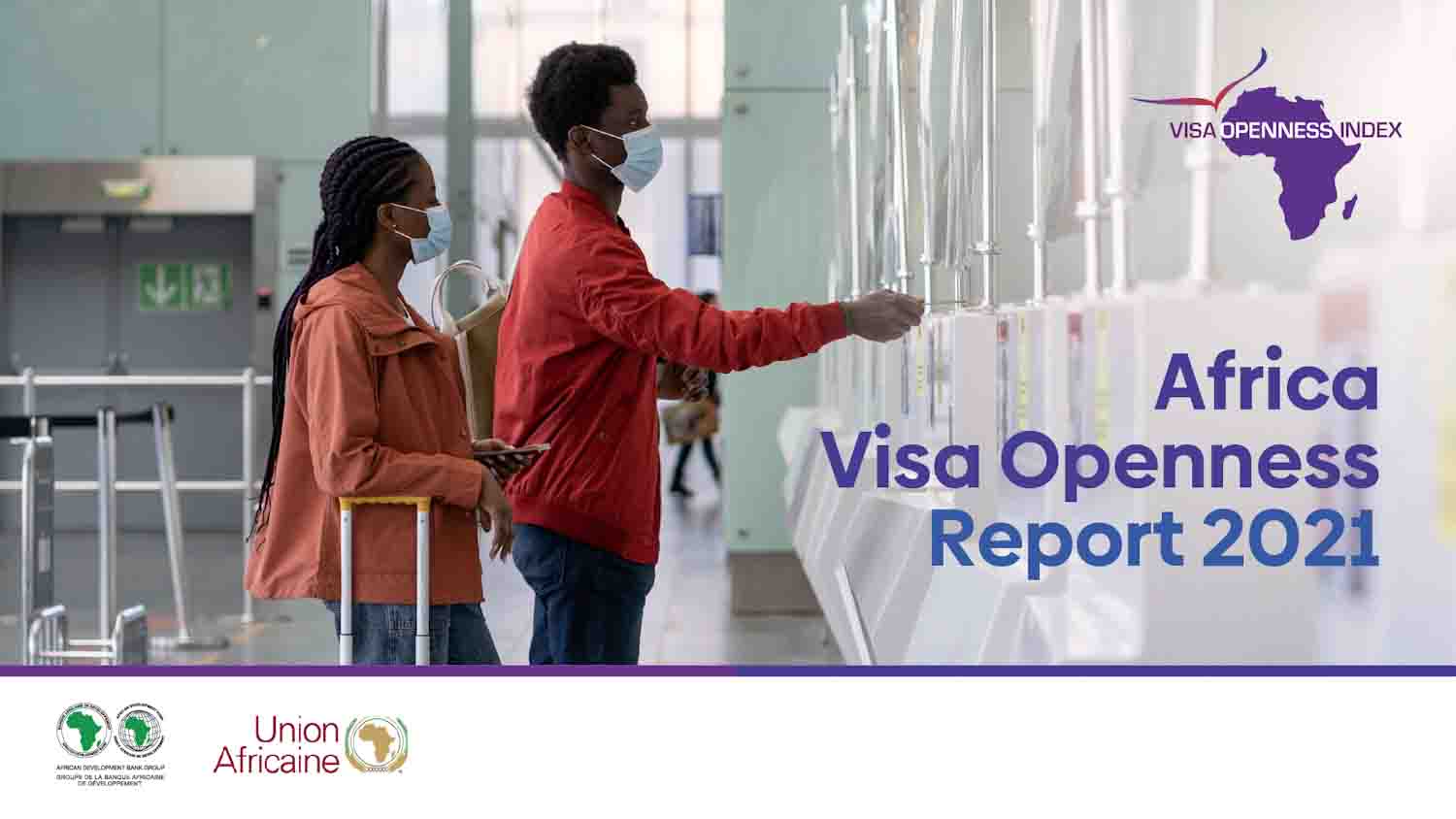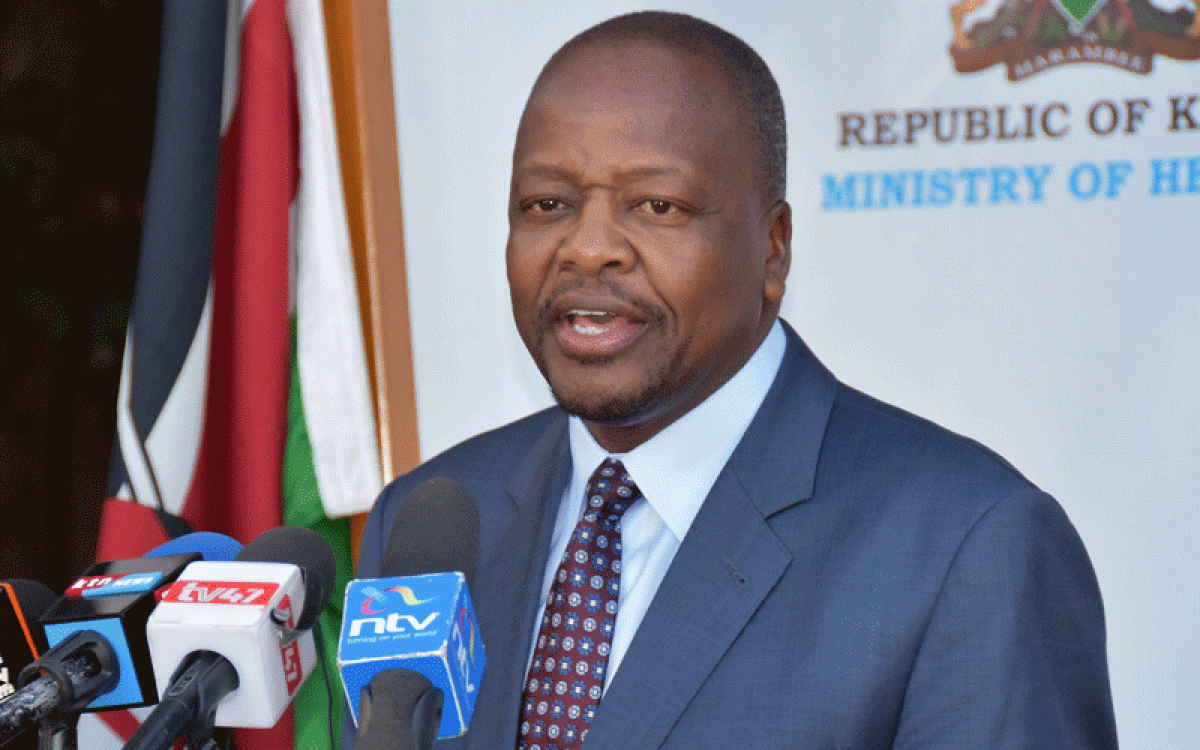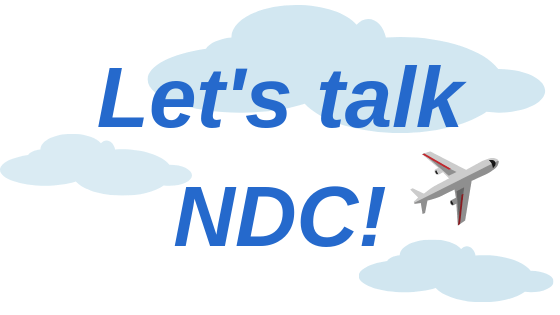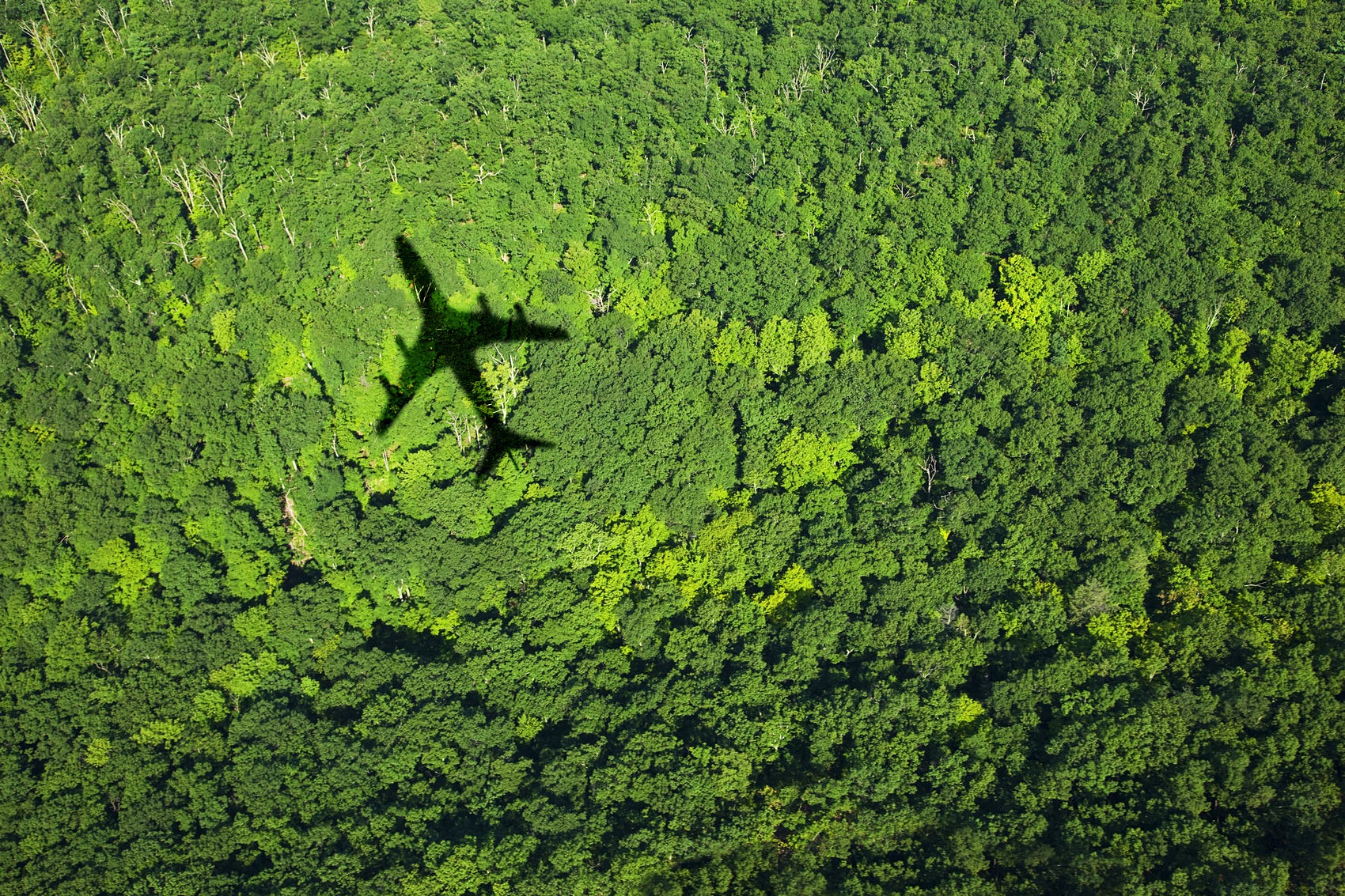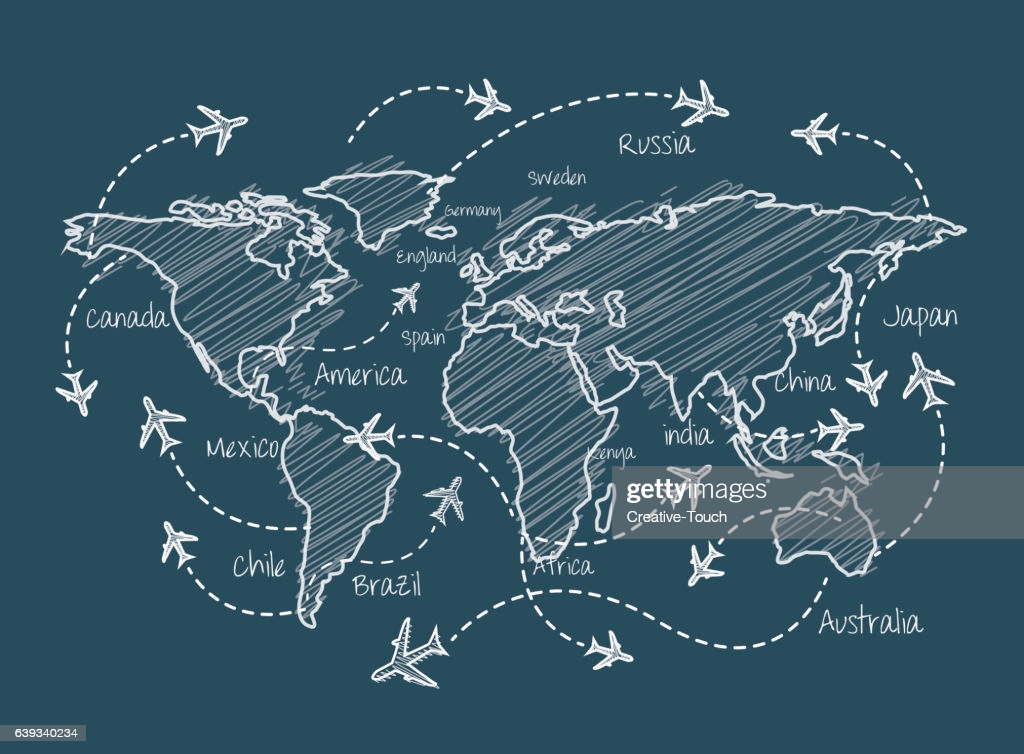Even before the pandemic threw the travel industry into upheaval, there was mounting pressure for the sector to change its ways of doing business — specifically to prioritize sustainable and responsible practices. The pandemic has only intensified this proposition: Customers, investors, employees, and government regulators are all sending the message that companies need to strive for a higher standard than ever before when it comes to delivering positive change and reducing their impact on the climate.
New Imperatives for Corporate Responsibility
Simply put, travel companies no longer have the luxury of maintaining business as usual. They need to deliver on the promise of a sustainable travel sector. Fortunately, there are a number of benefits that travel companies stand to gain in doing so. Increasingly, customers are making purchasing and loyalty decisions based on the brands and experiences that align with their sustainability values. According to research from Accenture, some 66 percent of consumers said they are ramping up their sustainable or ethical purchasing, and 74 percent reported choosing where to shop based on values and ethical corporate practices.
Becoming more sustainable has business operation imperatives as well: New ways of thinking about meeting standards often result in innovation and creative problem solving, more optimized business models, and stronger outcomes. Additionally, taking such steps can have a big impact on efficiency and cost reduction, as businesses use less resources and smarter supply chains.
Knowing this, it makes sense that pressure is coming from the C-suite. Seventy-three percent of executives agreed that “becoming a truly sustainable and responsible business” is a high priority in the coming years, and investors are putting the topic of sustainability higher on the agenda than ever before. Accenture found that there was a 28 percent increase in investor signatories in 2020 to the UN’s Principles for Responsible Investment.
And it’s not just company leaders that are considering such business practices. Employees are increasingly leaning on their companies to act more responsibly. Sixty-five percent believe organizations should be responsible for leaving their people “net better off” through work.
There’s also rising pressure from governments and regulators on companies to take actionable steps to reduce their climate impact. Regulations are only likely to get stricter and implemented at a faster pace, which means that companies that consider tomorrow‘s regulations today will be ahead of the game.
“The pressure from stakeholders — meaning from the customers, governments and regulators, and investors — is clearly much stronger now than it was,” said Jesko Neuenburg, global lead for travel & aviation sustainability at Accenture. “Whereas sustainability was often a long-tail discussion topic on CEO agendas prior to the pandemic, it’s now in all of the conversations taking place. It’s one of the top three topics for almost any CEO.”
What Makes a Responsible Travel Company?
While the phrase “responsible travel company” has often been tossed around the industry without a clear definition in the past, businesses are being held to a higher standard than ever before. This means that travel companies that want to prioritize sustainability and truly put responsible practices in place must take tangible steps as travelers get back on the road and corporate leaders rethink their priorities.
As Accenture frames it, a responsible travel company is one that has a clear environmental strategy to achieve net-zero emissions and zero waste, a social action plan to increase diversity, inclusion, and community well-being, and a governance structure that embeds sustainability across the core business and links executive compensation to meaningful progress on sustainability metrics.
For example, in the environmental realm, travel companies can put carbon reduction and offsetting programs, circular economy and waste management, water and energy saving, and renewable energy programs in place. Under the social category, paying more attention to issues around diversity, equity, and inclusion, as well as the social impact travel companies have on the communities they do business in are now a must. And under the umbrella of governance, creating ambitious targets around carbon emissions, improving labor conditions and pay equity, and tying leadership compensation systems to sustainability metrics are ways travel companies can make a concrete difference.
Underlying all of this is putting the right technologies in place and smart data to use. This could mean applying ‘carbon intelligence’ to help companies understand, report on, and actively manage their carbon footprint; migrating business operations toward green cloud operators; using sustainable procurement hubs that identify suppliers with ethical practices; or implementing carbon calculators that can help travelers make informed choices and assist corporate travel planners in sticking to carbon emission targets.
In “A Net Zero Roadmap for Travel & Tourism,” a report created by World Travel & Tourism Council (WTTC) in collaboration with the UN Environment Programme (UNEP) and Accenture that outlines the current state of carbon emissions in the sector and proposes realistic targets and steps to decarbonization, 42 percent of the travel and tourism businesses analyzed currently had publicly announced climate targets.
While this is a promising start, the report further calls on businesses to increase their ambitions to achieve net-zero by — or even before — 2050. It lays out five steps to do so, which include: setting the right baselines and emission targets to achieve individual and sector goals; monitoring results and reporting progress; collaborating within and across industries; providing finance and investment required for the transition; and raising awareness and building capacities on climate.
Accenture Ramps Up Its Sustainability Commitments
Sustainability is increasingly becoming an indispensable part of any corporate agenda, and companies are taking ambitious steps to confront the threat of climate change.
In October 2020, Accenture announced new commitments to sustainability, including achieving net-zero emissions, moving to zero waste, and develop plans to reduce the impact of flooding, drought, and water scarcity in high-risk areas by 2025. Additionally, in September 2021, Accenture joined 60 companies in the World Economic Forum’s Clean Skies for Tomorrow Coalition, with a goal to accelerate the supply and use of sustainable aviation fuel to reach 10 percent of the global jet aviation fuel supply by 2030.
The near-complete halt of travel for a time, combined with the explosion of digital tools to allow for remote work in its stead, also redefined how the company views its business travel and how it affects the climate. “Corporations are certainly a lot more mindful now about how much they travel, why they travel, and how they arrange their trips,” said Neuenburg.
Helen Hickson, managing director of global mobility at Accenture, agreed that having a clear purpose for travel will be key moving forward: “We’re creating new travel guidelines and tools for our people, enabling them to make responsible and climate-smart travel decisions, making every trip truly worth it,” she explained.
When employees do travel for work, Accenture’s Aviation Carbon Calculator allows them to view the specific carbon footprint for any direct flight, anywhere in the world. Travelers and those planning employee travel can make informed decisions with this type of information at their fingertips. “It’s not just an average emissions number for a flight from Frankfurt to London,” said Neuenburg. “It’s actually that specific flight, on that specific aircraft type, with a statistically likely number of passengers and amount of cargo for that aircraft.”
These more recent goals add to the steps Accenture was already taking to reduce its environmental impact, including signing the UN Global Compact’s Business Ambition for 1.5°C Pledge, reducing its emissions in line with its existing science-based target, and committing to RE100’s global initiative to use 100 percent renewable electricity by 2023.
It’s becoming increasingly clear that sustainability can no longer be an afterthought for travel companies. Being creative — yet pragmatic — in order to put responsible business practices in place is the only way forward. The strategic choices being made and actions being taken now will lay the groundwork for long-term success ahead.
Source: Skift

